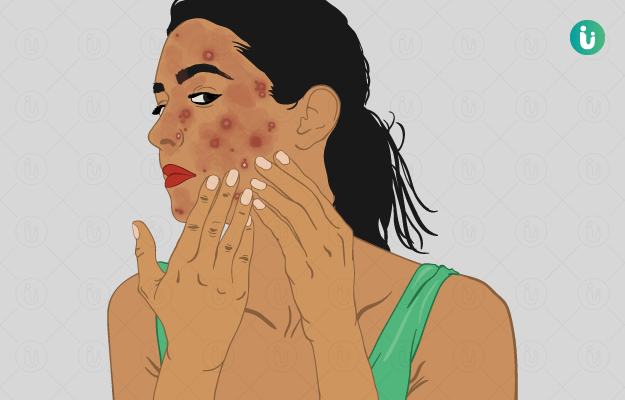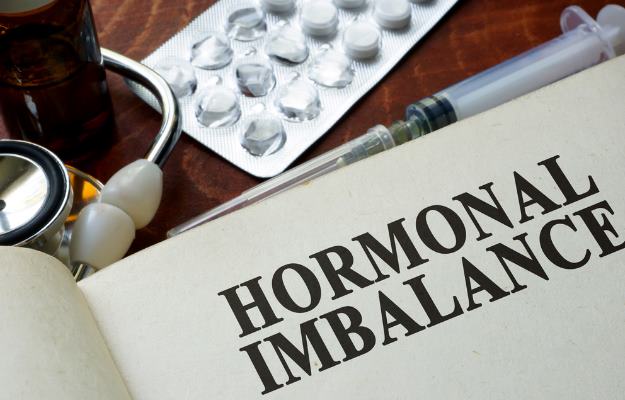What is hormonal imbalance?
Disturbance in the normal levels of hormones in the human body is termed as hormonal imbalance. Hormones are chemicals secreted by the endocrine glands of our body. They travel through the bloodstream and deliver messages to the organs, thereby controlling and coordinating their functions. Fluctuations in the hormones either occur naturally during certain phases like pregnancy or with age. The imbalance varies according to the gender and environmental factors as well. Lack of attention to hormonal changes can result in physiological and psychological abnormalities.
What are its main signs and symptoms?
The main signs and symptoms of hormonal imbalance depending on the underlying cause are as follows:
- Fatigue
- Bouts of sweating
- Feelings of anxiety
- Irritability
- Infertility
- Nipple discharge
- Rapid gain in weight
- Adult acne
- Weight loss
- Irregular menstrual cycles
- Memory lapses
- Weakened muscles and bones
- Hair loss
- Insomnia (trouble falling asleep)
- Hot flashes
- Depression
- Cold hands and feet
- Mood swings
- Altered bowel movements
Changes in heart rate, blood pressure and blood sugar levels may also be seen with hormonal imbalance.
What are the main causes?
The main causes of hormonal imbalance are:
- Stress
- Chronic fatigue syndrome
- Genetic changes
- Some medications, such as steroids
- Menopause
- Pregnancy
- Birth control pills
- Autoimmune conditions
- Improper diet
- Issues with the thyroid gland – hyper or hypo thyroidism
- Ageing
- Certain allergies
- Medical conditions like polycystic ovarian disease, prolactinoma, over or under functioning of any of the glands ( pituitary, thyroid, ovaries, testes, adrenals, hypothalamus, and parathyroid)
How is it diagnosed and treated?
Apart from a detailed history taking and physical examination, an imbalance in the hormone levels is usually diagnosed by evaluating the results of saliva and serum tests. Tests to detect the levels of sex hormones like testosterone and oestrogen may be ordered. Imaging studies, such as ultrasound or MRI, may be required.
Hormonal imbalance is managed based on treating the underlying cause, and is commonly treated by the following methods:
- Synthetic hormones in the form of pills, creams and patches
- Hormone replacement therapy
- An active lifestyle and a healthy diet are advised to help relieve the symptoms of hormonal imbalance
- Anti-anxiety medications and anti-depressants to help people with anxiety and depression, respectively
- Hormone antagonists in case of excessive secretion of hormones

 Doctors for Hormonal Imbalance
Doctors for Hormonal Imbalance  OTC Medicines for Hormonal Imbalance
OTC Medicines for Hormonal Imbalance
 Hormonal Imbalance articles
Hormonal Imbalance articles








 Editorial Team
Editorial Team














